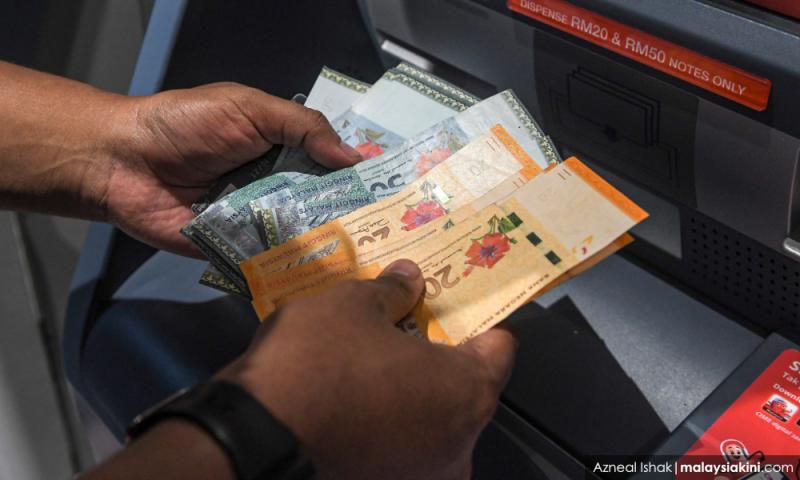LETTER | Higher OPR may help the economy
LETTER | The Malaysian ringgit fell markedly, to US$1 = RM4.38 and SG$1 = RM3.19, compared to the levels before 2010. Some economists opined that the depreciation may have favourable impacts on the economy, such as higher exports and lower imports.
However, bear in mind that there are also detrimental impacts of economic depreciation such as ensuing inflation. If the ringgit drops, the price of imported goods, such as food and oil, will also increase. Our high reliance on imported goods and input may result in imported inflation. Besides, the value of our exported commodities such as oil may also shrink.
In addition, the government announced that starting from May 1, 2022, the minimum wage was increased from RM1,200 to RM1,500. Many people heaved a sigh of relief, especially those who had just embarked on employment. The increase was imperative to keep pace with the higher cost of living despite the fact that inflation may transpire. Employers may have no choice but to raise the price of their goods.
Inflation may not have a great impact on those in the T20 group, but it may greatly impact those in the B40 group. If there is an increase of RM1 in the price of food, people in the T20 group are not really affected. However, it may affect people in the B40 group a lot, especially when they have to spend on the increase every day.
Recently, the government announced that the overnight policy rate (OPR) had been increased to 2 percent, which is timely to control inflation. This may prompt the cost of borrowing money to escalate, bringing inflation under control.
Raising the OPR back after being decreased amid the economic recession stemming from the Covid-19 pandemic is imperative. The lower OPR then was to encourage people to borrow and spend money in a bid to cushion the deleterious economic impacts of the pandemic.
Other than that, a higher OPR may be able to cause the ringgit to appreciate as it may attract foreign investors to invest in our county. As a result, the demand for Malaysian ringgit will rise, resulting in a higher value.
The value of exports will then recover after the slump, and thus imported inflation can be controlled.
MUHAMAD HUFAIZAH ASBULLAH is doing his master’s degree in economics, and MOHD SHAHIDAN SHAARI is a lecturer at Universiti Malaysia Perlis.
The views expressed here are those of the author/contributor and do not necessarily represent the views of Malaysiakini.
RM12.50 / month
- Unlimited access to award-winning journalism
- Comment and share your opinions on all our articles
- Gift interesting stories to your friends
- Tax deductable
